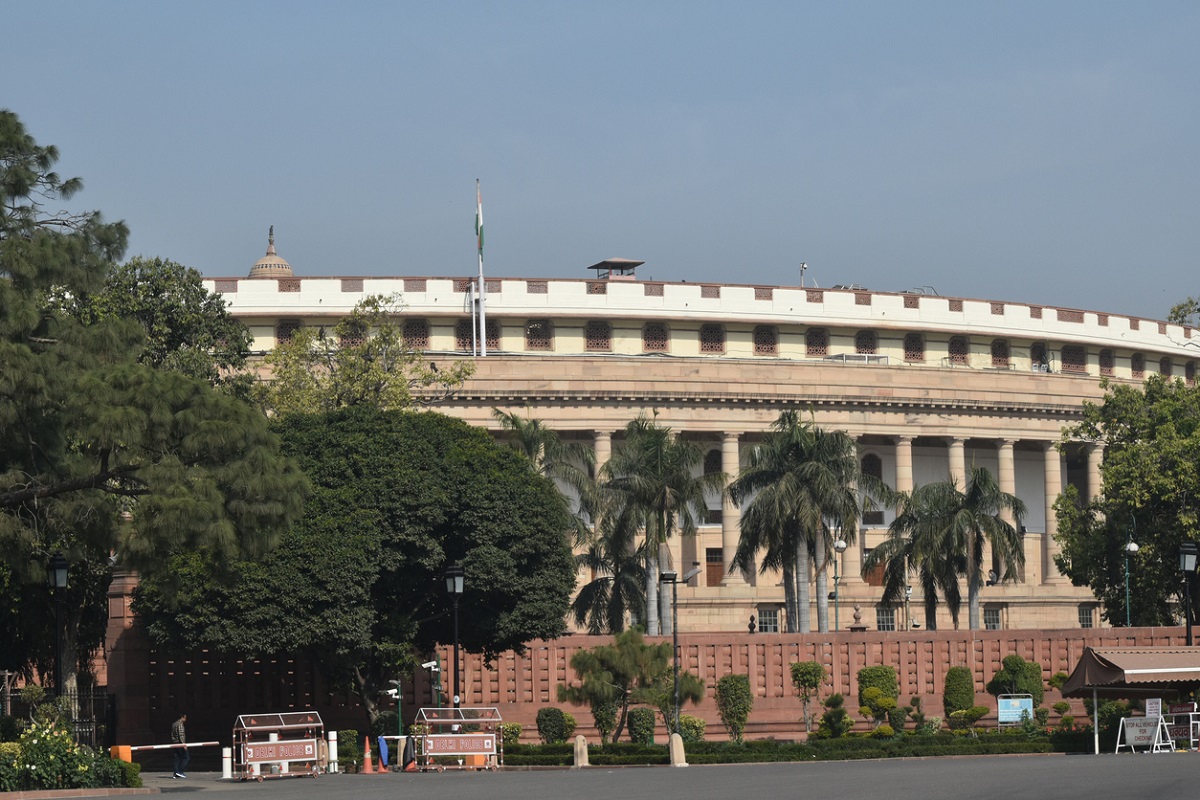The Parliament went through a meaty discussion on the Motion of Thanks to the President’s Address last week, took up clearing Bills on extending President’s Rule in Jammu and Kashmir and opening the Special Economic Zones to new entities, while holding discussions on water crisis, challenges from climate change and the plight of manual scavengers.
The two Houses adopted the Motion of Thanks without amendments after Prime Minister Narendra Modi replied to the debates, telling the Opposition, in the Lok Sabha, to remember the 1975 Emergency before talking about the “emergency-like situation” in the country, and, in the Rajya Sabha, to know the voters took note of the Elders who had stalled the Government business in the House and punished their parties in the general elections.
Advertisement
Union Minister and Balasore MP Pratap Chandra Sarangi heaped praise on the Prime Minister while initiating the debate on the Motion of Thanks in the Lok Sabha on Monday, recalling Modi’s initiatives and style of functioning in his earlier tenure. In an almost 90-minute speech, without a dull moment, shifting from Hindi to English to Bangla, quoting scriptures, he appealed to the Opposition to accept reality and acknowledge the work done by the PM.
The ruling benches cheered him generously, and even Modi could not stop smiling, enjoying Sarangi’s performance as the opening “batsman” for the Government. The Congress floor leader Adhir Ranjan Chowdhury replied to Sarangi saying the BJP Government had indulged in political plagiarism and taken credit for most of the schemes launched by Congress governments after renaming them.
The Prime Minister’s reply came on Tuesday, the anniversary day for the 1975 Emergency, and provided him easy fuel to silence the Opposition benches and recall how civil liberties were trampled upon 44 years ago by a Congress regime.
The Rajya Sabha debate on the Presidential Address had a strong attack on the government from Leader of the Opposition Ghulam Nabi Azad for claiming in the address that the journey of the country’s development started in 2014. The government talked about creating jobs and empowering the girl child but had stopped releasing data on crime against women and unemployment when they broke all records, he said.
Reports of the lynching of Dalits and Muslims were regular from several parts of the country, he said. The nation’s development, Azad said, started in 1950, and not when Modi first became PM, otherwise, the country would not have today hundreds of dams, and numerous public sector giants that met India’s growing infrastructure needs.
The BJP government talked of the 150th birth anniversary of Gandhi but failed to take action against a BJP leader who called Gandhi’s assassin a patriot, Azad said.
The Prime Minister’s reply in the Upper House focused on telling the House that it was part of a federal system and should respect the mandate given by the people in general elections. The government knew it did not enjoy the majority in the House. Still, the members could discuss and oppose, but had no right to obstruct, as was held by former President Pranab Mukherjee, he said.
People had watched the Elders’ stalling tactics in his government’s last tenure, and voted against their parties, Modi said, thus opening a debate on how far the
Second House of Parliament should go in preventing the “hasty” clearance of government business, and what was the precise vision of the Constitutional fathers about the Rajya Sabha.
Last Thursday, the 17th Lok Sabha had its first protest in the well of the House. Congress members walked into the well to protest against the tax on the pensions received by armed forces’ men disabled in service. Such taxation, Congress members said, was not expected from the government which had claimed it was doing much for the armed forces.
Defence Minister Rajnath Singh responded to the commotion and said he
would look into the complaint and apprise the House of the factual position. On Friday afternoon, the business of the Lower House collapsed due to lack of quorum.









